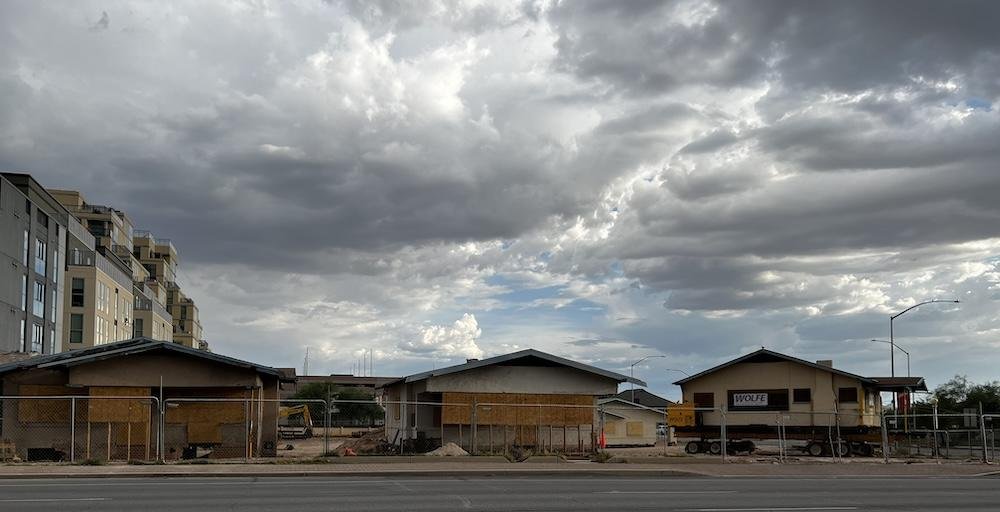arizona
Ballot Measures Target Soaring Property Taxes Amid Home Value Surge

This year, Colorado emerges as a focal point in the nationwide discussion on property tax measures. Two forthcoming ballot questions may notably impact funding for essential services such as education, infrastructure, and emergency response.
These Colorado measures are part of a broader trend, with nearly a dozen states—including Arizona, Florida, and New Mexico—considering similar initiatives aimed at reducing property taxes for homeowners. The cognitive dissonance between economic theory and homeowner frustration has never been more pronounced. “Property taxes are a deeply unpopular, but a fairly efficient, tax,” remarked Jared Walczak of the Tax Foundation.
According to him, the tension arises when homeowners feel they are paying more without receiving proportional benefits from governmental services. Nationwide, home values have surged approximately 50% since August 2019, exacerbating discontent among property owners.
Colorado’s ballot includes one initiative to limit annual state property tax revenue growth to 4%. Another likely measure seeks to decrease property tax assessment rates, potentially resulting in a $3 billion revenue shortfall that would require state reimbursement to local governments.
Earlier this year, Colorado’s legislature passed a bill that reduced property assessment rates, addressing a significant $1.3 billion funding gap. This new law prioritizes school funding while setting a 5.5% cap on property tax revenue growth. However, advocacy groups argue for more expansive measures. Sean Duffy, spokesperson for Advance Colorado, indicated that voters are calling for immediate and permanent tax cuts.
Local interest continues to grow due to rising home values, with Duffy stating, “It’s not, ‘I don’t want to pay for my schools or fire department,’ it was just a huge bucket of water in the face.” However, Democratic state Rep. Chris deGruy Kennedy expressed concerns that the proposed caps would ignore inflation and regional variations.
Other states are experiencing similar discussions. Florida’s potential measure aims to adjust the homestead exemption based on inflation, gaining traction among Republican legislators but facing opposition from local governments. Meanwhile, Arizona is considering a tax refund initiative linked to local enforcement issues regarding homelessness, demonstrating how property tax concerns intertwine with social issues.
In North Dakota, former state Rep. Rick Becker is advocating for the elimination of property taxes altogether, questioning government ownership over personal property. He insists there are alternative funding sources that the state can leverage. Similarly, Georgia and New Mexico are proposing measures for homeowners and veterans, respectively, indicating a nationwide reevaluation of property tax structures.
As states grapple with these measures, local funding for essential services hangs in the balance, revealing the complex interplay between taxation and community needs. With the ballot approaches, residents remain vigilant about the potential impacts on their local governments and services.















